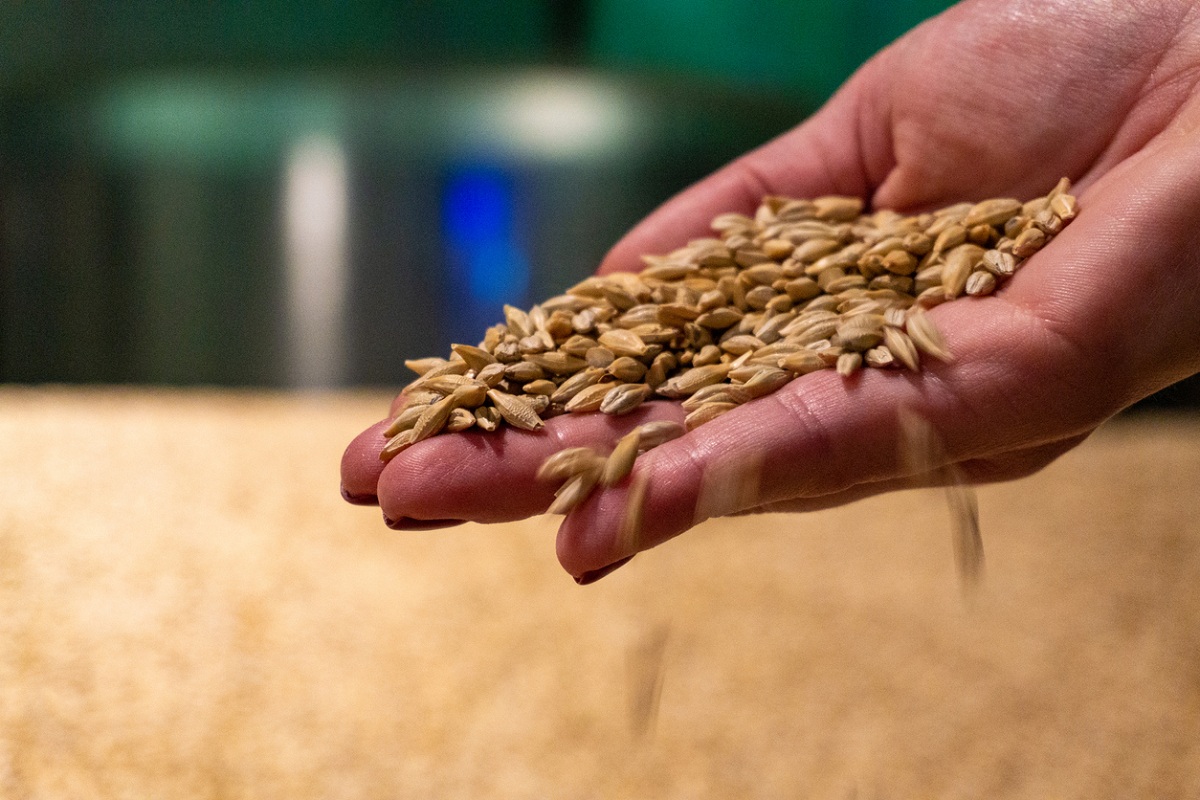Cong defeated ‘Bangladesh’ in semis, will rout ‘Pakistan’ in finals: Reddy
Reddy was addressing a meeting of the Congress social media team and took digs at both the BJP and the BRS.
India in October had announced 50,000 metric tonnes of wheat for Afghanistan as humanitarian assistance and requested Pakistan to open its border for transporting the food grains. Pakistan, which otherwise does not allow two-way trade between India and Afghanistan, decided to create an exception by allowing the Indian wheat to pass through its land route.

(Representational Image: iStock)
India has provided to Islamabad the list of Afghan contractors and truck drivers who would transport Indian wheat to Afghanistan via Pakistan, as the two sides inch closer to finalise the agreement.
Diplomatic sources were quoted as saying by ”The Express Tribune” of Pakistan that both sides in principle agreed to the modalities and the wheat shipment would begin once Pakistan approves the list of Afghan contractors and drivers.
India in October had announced 50,000 metric tonnes of wheat for Afghanistan as humanitarian assistance and requested Pakistan to open its border for transporting the food grains. Pakistan, which otherwise does not allow two-way trade between India and Afghanistan, decided to create an exception by allowing the Indian wheat to pass through its land route.
Advertisement
Pakistan said the decision of allowing India to transport wheat was taken keeping in view the humanitarian situation in Afghanistan and must not serve as a precedent for future transshipment.
The two sides struggled to agree on modalities as Pakistan initially suggested for the transportation of wheat under the banner of the United Nations. But New Delhi made a counter proposal, suggesting the wheat be carried either by Afghan or Indian trucks.
Sources said the Pakistani authorities were in process of vetting the list submitted by India. The shipment would be set in motion as soon as Pakistan approves the list provided by India.
Afghanistan has been a source of friction between Pakistan and India. Both have accused each other of using the Afghan soil to undermine each other’s security and strategic interests.
But the two sides reluctantly agreed to work this time as the people of Afghanistan are in desperate need of help as UN figures show nearly 23 million Afghans are facing acute food shortage. As many as 3.2 million children are at risk of malnutrition.
The UNDP has warned that 97 percent of Afghans would slip below the poverty line by June next if urgent steps are not taken to help them.
Advertisement